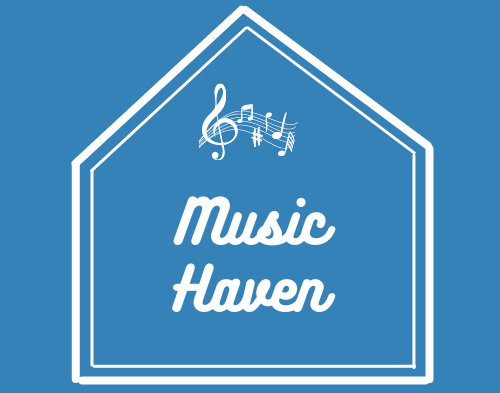Music Therapy for People with Personality Disorder and Their Families
The term personality disorder may have an extremely unpleasant, negative connotation that may imply an actual deficit in character. Many people have taken offense to this assumption. However, with the increasing involvement of people diagnosed with this disorder involved in research and decision on treatment models, it has been clear that understanding what it means to have this diagnosis outweighs the name itself.
People with this diagnosis often feel relieved to be diagnosed as it gives them meaning and the understanding behind the difficulties they have encountered themselves or that may have caused unto others. The main experience of people with this disorder is that their problems are associated with ways of thinking and feeling about others and themselves, which has the ability to significantly and adversely affect their everyday life.
Usually, personality disorder has an onset in adolescence or early childhood, and the condition is pervasive and inflexible, leading to distress and impairment.
The initial belief that drug intervention was unsuccessful in treating personality disorder caused many to seek other non-traditional methods to address the disorder. As a result, a body of general literature emerged in the early part of this century which began to highlight the importance and success of psychological interventions with this disorder.
Several case reports, anecdotal evidence, and systematic research have shown positive outcomes for people with different types of personality disorders who attend music therapy. Music therapy has been applied as the primary intervention or as a combined intervention in cooperation with daycare treatment.

In comparison with the majority of seriously ill people suffering from a psychotic illness, people diagnosed with personality disorders can tolerate interpretation and musical improvisation that moves between thinking and feeling, in order to understand the meaning.
Free improvisation is very applicable to this population as it lets them be in touch with their complicated emotions and can provide links to meaning and words that may not otherwise have been available as evidenced above through the study findings, clinical experience, and the support of a very small body of music therapy literature.
Research provides the following ways music in therapy helps patients to alleviate symptoms and gradually gain control over this disorder.
- Music provides a link between emotion and thought.
- Music is used to heighten understanding of expression of emotion and the meaning of this.
- Reciprocal roles can be explored musically.
- Links between memory of abuse and childhood music making can be powerful.
- Music-making links to the pathology of personality disorders because music, like the illness, is affect-based.
- Aesthetic qualities of music are particularly important for this group who are prone to self-harm.


